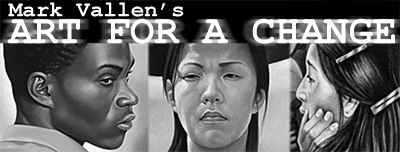A Bloody Carnival
With all the madness swirling around driving everybody insane, you’d think more artists would have something to say about our present situation. While I wait for them to catch up, I’ll be creating my own riotous responses on canvas. In the meantime, here’s a quote to whet your appetites:
“The heaviest burden of all is the pressure of the war and the increasing superficialty. It gives me incessantly the impression of a bloody carnival. I feel as though the outcome is in the air and everything is topsy-turvy. Swollen, I stagger to work, but all my work is in vain and the mediocre is tearing everything down in it’s onslaught. I’m now like the whores I used to paint. Washed out, gone next time. All the same, I keep on trying to get some order in my thoughts and to create a picture of the age out of the confusion – which is after all my function.”
No, the words are not mine, though they could have been. They were written by German artist Ernst Ludwig Kirchner in 1916.


